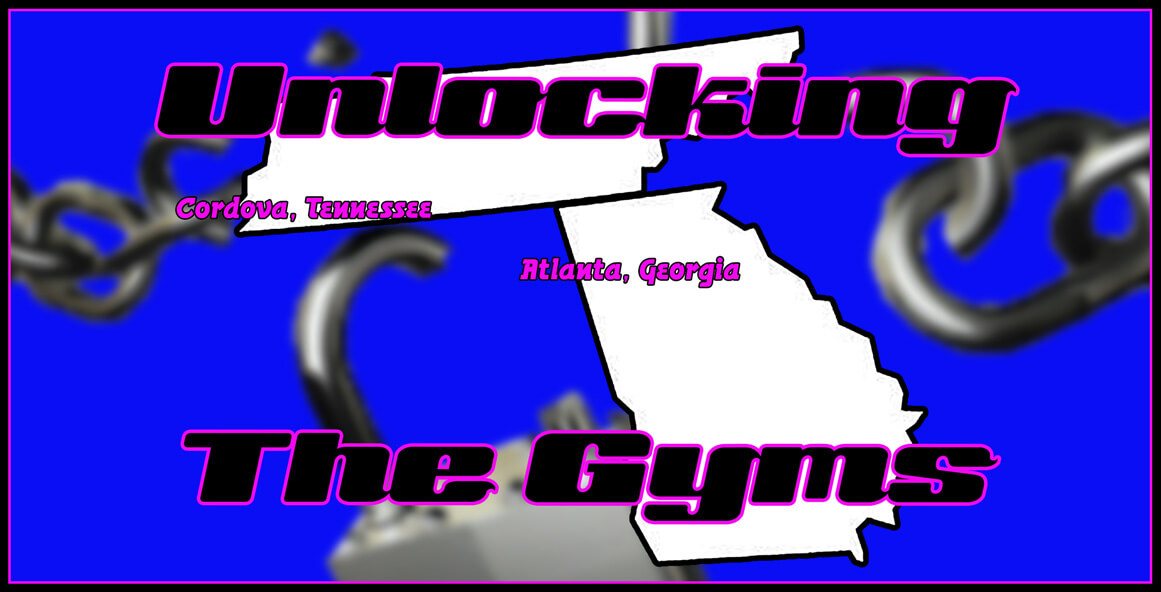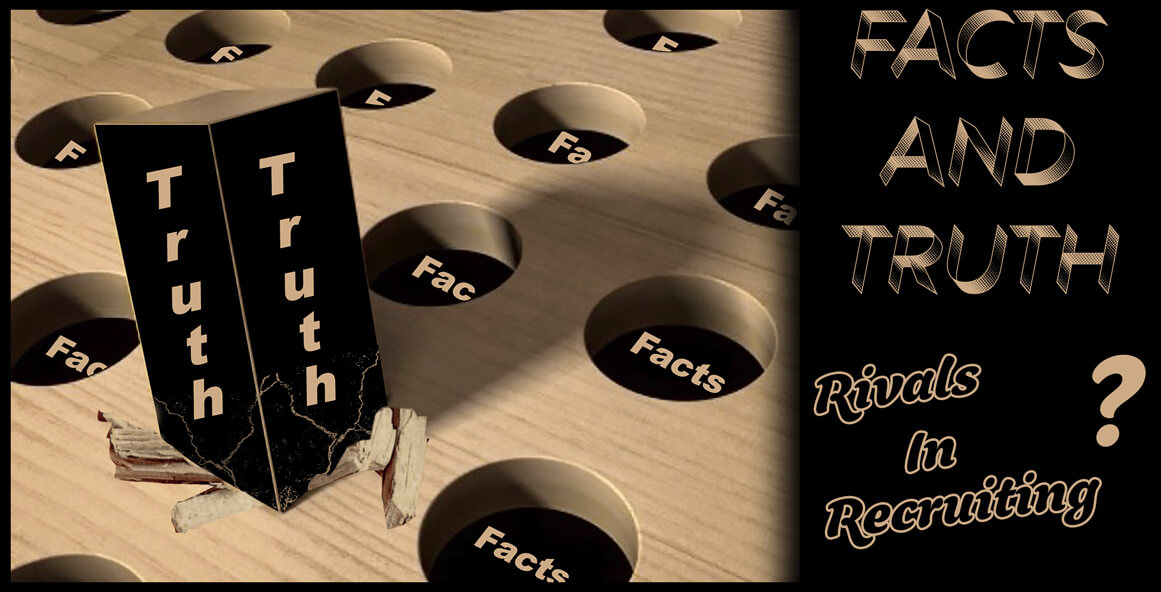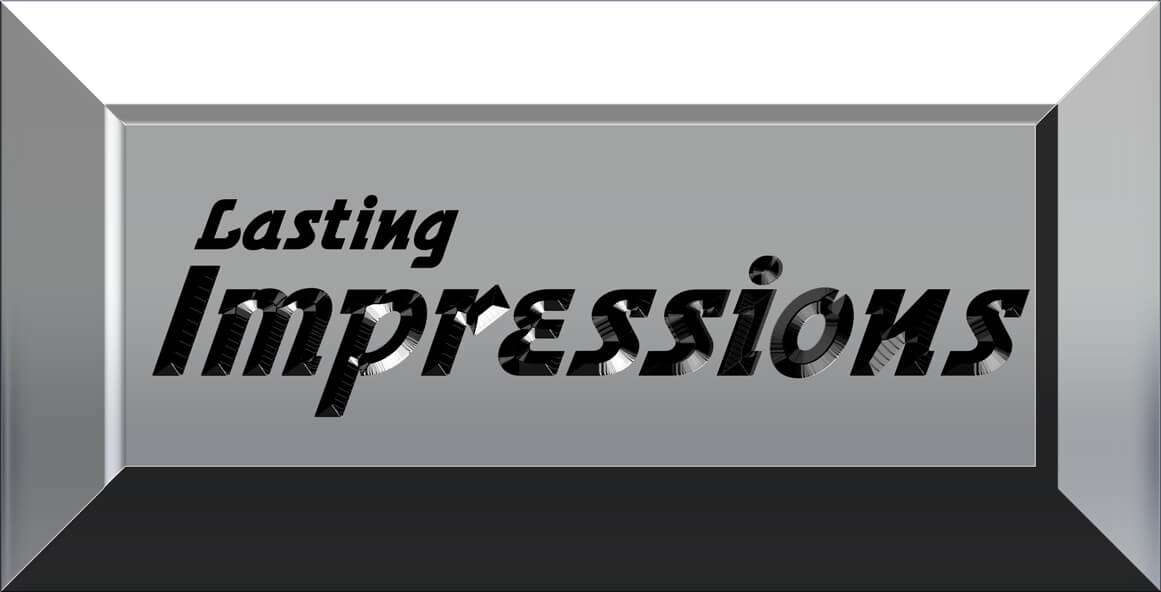
In the world of women’s basketball recruiting everyone has a lot on the line in July. The college recruiters are looking for the players that will enhance their success and ensure their job security. The event operators are (hopefully) focused on the details of their operations, protecting the reputation of their tournaments and ultimately their financial well-being. And, oh yeah, don’t forget the athletes who may have that little detail of their future hanging in the balance.
For some of those athletes, short of committing a felonious assault on a coach or teammate, their status among the college crowd as well as their pool of scholarship offers to choose from are secure regardless of how they happen to play. At the same time there are others simply hoping to generate any amount of interest from whatever program that will look their way in hopes of extending their careers or funding their education. Those entering the July recruiting period from that perspective are essentially taking the “Powerball lottery approach” and have nothing to lose and everything to gain.
The players with the most on the line are those “on the fence” in the eyes of college coaches. The players who have the attention of recruiters but maybe not their offers…or at least the offers they’re hoping for. It could be prospects who are on that edge of being D-I or D-II, mid-major versus major or defining themselves as an impact player rather than a role player. It could be the 6-0 high school post hoping to prove she can move to the wing at the next level. It could be the penetrating guard who needs to demonstrate added range and touch from the perimeter that will force defenders to close out. It may even be the prospect who has to shed a reputation of being soft, lazy, selfish or uncoachable. Regardless of the “determining factor” that may need addressing, these individuals have the most on the line during the summer evaluation period.
As if there wasn’t enough pressure, in their infinite wisdom, the NCAA has shortened the July calendar from 20 days to just 14. Again, not exactly an issue for the top tier, no brainers who have their choice of programs to choose from, but for those with something to prove or simply hoping to catch someone’s eye…it’s undoubtedly a huge loss of opportunity.
So, for those with so much to gain (or lose), what are the possible keys to making the most of the limited time on the big stage this month.
First off, common sense says not to obsess with what you’re trying to demonstrate in your game. Nothing works worse than trying “too hard” to prove something to coaches, recruiters, parents or even yourself. Take your opportunities as they come within the context of your play. Forcing the issue can backfire and create further concern with that very issue or even create new ones in the eyes of those you’re trying to reassure. It’s also not a very good way to stay in the good graces of your teammates.
Pay attention to all aspects of the game. Regardless of how you perceive yourself or whether or not you already have a coach’s attention, the evaluation process is never ending. You never know who else they happen to be considering and how you stack up against the other prospects in their mix. If all things are equal between you and another in their eyes, your self-serving shot selection or the decision to approach defense like a contagious disease may be the difference between an offer on the table and being dropped quicker than the Food Network dumped Paula Deen.
Take no games off. I’m not talking about playing literally (that should be a given), I’m talking about approach. With so much on the line and so few days to leave an impression, your “A Game” better be on display each time out. You never know who’s going to be courtside come tipoff and just what they might be hoping to see or find. That may well include coaches that are seeing you for the first time. The last school to see you in the last game on the last day of the evaluation period may be the solution to your recruiting concerns.
Along those same lines, never underestimate or read into who might be sitting courtside. First off, you should play the same way every second of every game regardless of whether or not any recruiters are on hand. If their presence changes your effort, focus or performance then you desperately need to pay some attention to your misinterpretation of the word commitment. Getting back on point…coaches talk to each other. In fact they gossip more than the paparazzi around the red carpet in Hollywood. One coach who may not be recruiting your position or class may pass along what they happened to see in your play to another coaching friend searching for some answers. That second hand network might even come in the form of an opposing coach, evaluator or media. Assume everyone in every gym is a source for a good recruiter…because they are.
Pay complete attention to the intangibles. College coaches will look at more than just points, rebounds, assists and turnovers. Oh, the performance absolutely has to be there but keep in mind they’re looking at the whole picture and they’re also looking at more players than just you. Hustle, communicate, play both ends of the floor, don’t complain to the officials, listen to your coaches, pay attention when you’re on the bench, be supportive of teammates, in general…do the right things. Don’t get caught up in trash talk, cheap physical play or confrontations with opposing players. It doesn’t help your game and makes quite a statement about your focus. And speaking of focus…your coach is on the bench, not in the stands. There is not a recruiter in America impressed by an athlete taking instruction from some overzealous individual seated in the bleachers.
Speaking of the folks in the bleachers, they can help a player’s performance by being supportive. Now being supportive does not mean attributing every missed shot, turnover or defensive breakdown to a character flaw in the officials. It also doesn’t mean reminding them of what they’re not doing. It’s a safe bet a player already knows when they made a mistake. Reminding them in a less than encouraging manner in front of god and country tends not to be very productive. The post-game coaching critiques and sarcastic pep talks that occur in the car or hotel generally do little more than add pressure on the shoulders of a teenaged athlete already experiencing more than their share. And above all, don’t remind them of how much money you’re spending on this recruiting roadshow. If that urge crosses your mind try spending some of that hard earned money on a parenting skills seminar, there are bigger issues in play at that point.
It doesn’t matter why a recruiter is in the gym. Whether they’re there to see you, a teammate or even an opponent they’ll see you in action. If you’re fortunate enough that recruiters are seeing you in action a second or third time, make the most of the opportunity. If you’re truly a competitor and a legitimate college prospect you do that by playing your, game, sticking to your role and maintaining your focus on the task at hand. Make the same choices and decisions you always do and play the game as if nobody is watching. College coaches are knowledgeable basketball people (some more than others!) but anyone worth their Nikes can identify that player who’s trying too hard to impress. In their minds, it’s the equivalent of putting yourself in front of the team and that’s a red flag no matter how well you play.
A lot of what goes into whether or not an athlete “on the fence” will answer the questions in the minds of recruiters has already taken place. There’s an old adage that states “If you continue to do what you’ve always done, you will continue to get what you’ve always got”. What a player has done since the recruiters last saw them play and the effort they’ve put in above and beyond what they normally have done over the years will be a determining factor in which way a college program will go in those “either-or” situations.
Recruiting is a lot like online dating. It’s a question of a program looking to fill roles finding the players who best fit what they’re looking for. Not many first dates convince people that they’ve found “the one” and the same is true in the gym. A second date (or evaluation) is always a good sign. Put on your best, be yourself and who knows where it might lead.
Mark Lewis is a national evaluator and photographer for Blue Star Basketball as well as the lead columnist for Blue Star Media. Twice ranked as one of the top 25 Division I assistant coaches in the game by the Women's Basketball Coaches Association (WBCA), he logged 25 years of college coaching experience at Memphis State, Cincinnati, Arizona State, Western Kentucky and Washington State. Lewis serves as a member of the prestigious McDonald’s All-American selection committee as well as the Naismith College Player and Coach of the Year committees.

Latest Articles
-
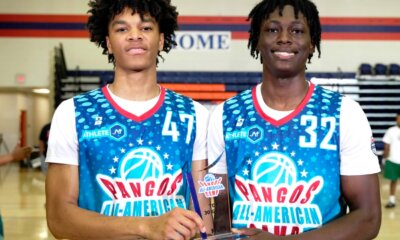

Christopher Lawlor
/ 9 hours agoSTARS SHINE: Diop, Hudson earn Co-MVPs at 23rd Pangos All-American Camp in Las Vegas
LAS VEGAS – The Pangos All-American Camp did not disappoint. For three days the...
-


Christopher Lawlor
/ 2 days ago23rd Pangos All-American Camp tips off in Las Vegas with nation’s elite players congregating for national showcase event
LAS VEGAS – The summer circuit is nearly two months old but it really...
-
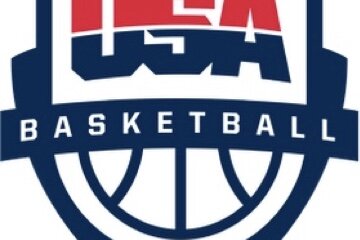

Christopher Lawlor
/ 7 days agoU16 USA Women’s Basketball National Team roster selected for 2025 FIBA AmeriCup in Mexico from June 16-22
COLORADO SPRINGS, Colo. — USA Basketball announced today the 2025 USA Women’s U16 National...
-
Christopher Lawlor
/ 7 days agoU16 USA Men’s Basketball National Team roster chosen for 2025 FIBA AmeriCup next week in Juarez, Mexico
COLORADO SPRINGS, Colo. – The team is set and now for the games South...
